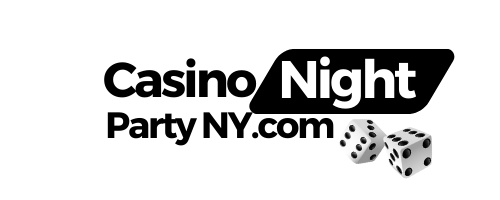Roulette
Roulette (named after the French word meaning “little wheel”) is a casino game which was likely developed from the Italian game Biribi. In the game, a player may choose to place a bet on a single number, various groupings of numbers, the color red or black, whether the number is odd or even, or if the number is high or low.
To determine the winning number, a croupier spins a wheel in one direction, then spins a ball in the opposite direction around a tilted circular track running around the outer edge of the wheel. The ball eventually loses momentum, passes through an area of deflectors, and falls onto the wheel and into one of the colored and numbered pockets on the wheel. The winnings are then paid to anyone who has placed a successful bet, with a result in the zero pocket never paying out.
source: Wikipedia
The Origin of Roulette
The origin of roulette is difficult to verify, but there is a general consensus on how the game was originally conceived. It is believed that the celebrated French mathematician Blaise Pascal inadvertently invented the roulette wheel in 1655, as part of his quest to produce the world’s first perpetual motion machine. While his intended mission was never complete, he did manage to produce a weighted wheel that would go on to become the centrepiece of 18th century Paris’ gambling scene.
Source: Casino.com

Adding The Zero. The Birth Of American Roulette
Fun fact, the zero didn’t exist on the Roulette wheel until the mid-19th century. The Roulette wheel as invented by Pascal remained the same for centuries. That all changed in 1842, when Francois and Lois Blanc designed a Roulette wheel with a single zero on it, specifically for King Charles III of Monaco. This was a massive deal because adding a zero gave the house a bigger house edge.
With his kingdom facing some financial trouble, Charles built a casino and brought the Roulette wheel to the masses. The wheel generated a lot of income for Monaco, and it quickly became an important symbol for Monte Carlo’s culture of upscale gambling. What’s more, the Roulette wheel with the single zero hit the market at the same time that France had outlawed gambling, making Monte Carlo even more desirable.
Roulette wouldn’t escape American influence. In the 1800s, Roulette made its way across the ocean and onto US shores. To give the house an even bigger edge, a double zero was added to the Roulette wheel. That means that instead of 37 numbers, the American Roulette wheel would have 38 numbers (1 through 36, 0, and 00).
Source: Crescent.edu




